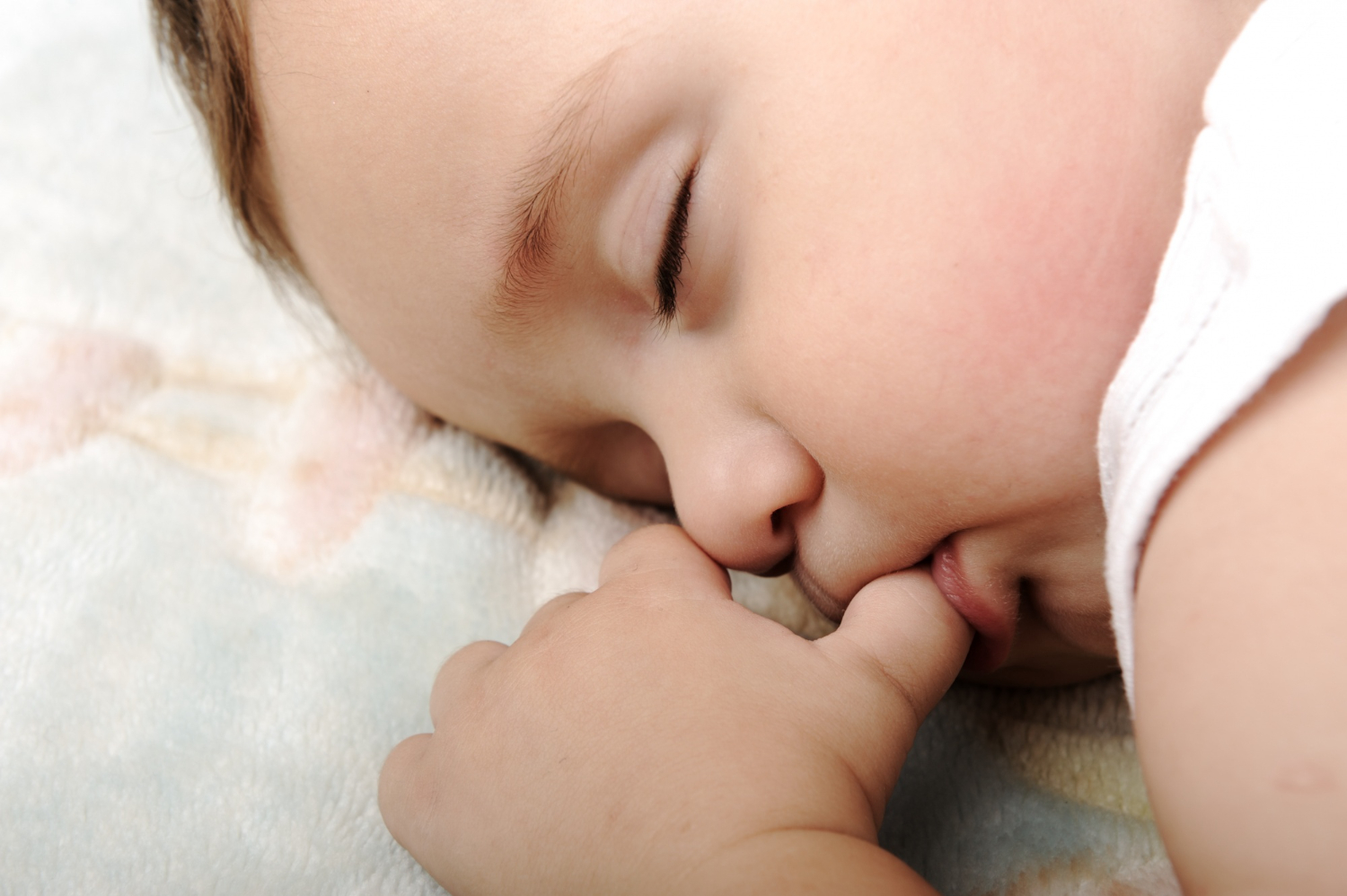Thumb-Sucking, Pacifiers, and Baby Teeth: What Every Parent Should Know
Feb 16 , 2025
Thumb-sucking and pacifier use are common habits in babies and young children. While these behaviors provide comfort, many parents worry about their long-term effects on dental health. When should a child stop using a pacifier? Can thumb-sucking cause dental problems? Understanding the impact of these habits and how to encourage children to stop at the right time can help protect their developing teeth.
Why Do Babies Suck Their Thumbs or Use Pacifiers?
Thumb-sucking is a natural reflex that starts even before birth. It helps babies feel secure and soothed, which is why many continue the habit after they’re born. Similarly, pacifiers provide comfort and can even help babies fall asleep.
These habits are completely normal in infancy, but if they continue too long, they can affect how the teeth grow and develop.
When Does Thumb-Sucking & Pacifier Use Become a Problem?
The American Dental Association (ADA) and the Canadian Dental Association (CDA) recommend that children stop thumb-sucking and pacifier use by age 3 to prevent dental problems.
Prolonged habits can lead to:
- Misaligned teeth – pushing the front teeth forward, causing an overbite
- Changes in the roof of the mouth – affecting the shape of the jaw
- Speech problems – difficulties with pronunciation and lisping
- Open bite – where the upper and lower front teeth don’t meet properly
While some children naturally stop these habits on their own, others may need encouragement to break them.
How to Help Your Child Stop Thumb-Sucking or Pacifier Use
1. Offer Positive Reinforcement
- Praise your child when they don’t suck their thumb or ask for their pacifier.
- Use a reward chart where they earn stickers for each day they go without it.
- Offer small rewards for reaching milestones (a special outing, a new toy, or extra bedtime stories).
2. Identify Triggers & Offer Alternatives
Some children suck their thumbs when they’re bored, tired, or anxious. Try to:
- Keep their hands busy with a toy, fidget item, or blanket.
- Comfort them with hugs, soothing words, or a bedtime routine instead of a pacifier.
3. Use a Gradual Approach
For pacifiers:
- Slowly reduce usage, limiting it to naptime and bedtime only before removing it completely.
- Replace it with a stuffed animal or another soothing object.
For thumb-sucking:
- Encourage stopping during the day first, then focus on nighttime.
- Use a gentle reminder (not scolding) when you notice them sucking their thumb.
4. Try a Thumb Guard or Bitter-Tasting Nail Polish
If your child is struggling to quit thumb-sucking, consider using:
- A thumb guard (a plastic cover that prevents sucking).
- Bitter-tasting nail polish made for stopping thumb-sucking.
When to See a Dentist
If your child is older than 3 years old and still using a pacifier or sucking their thumb frequently, schedule a dental visit. A dentist can check for any developing issues and provide personalized advice to help break the habit.
Thumb-sucking and pacifier use are normal self-soothing behaviors in babies, but prolonged habits can affect dental development. By using positive reinforcement, identifying triggers, and gradually phasing out the habit, parents can help their children transition away from these habits before they impact their smile. If you’re concerned, your dentist can offer guidance on how to protect your child’s teeth.









